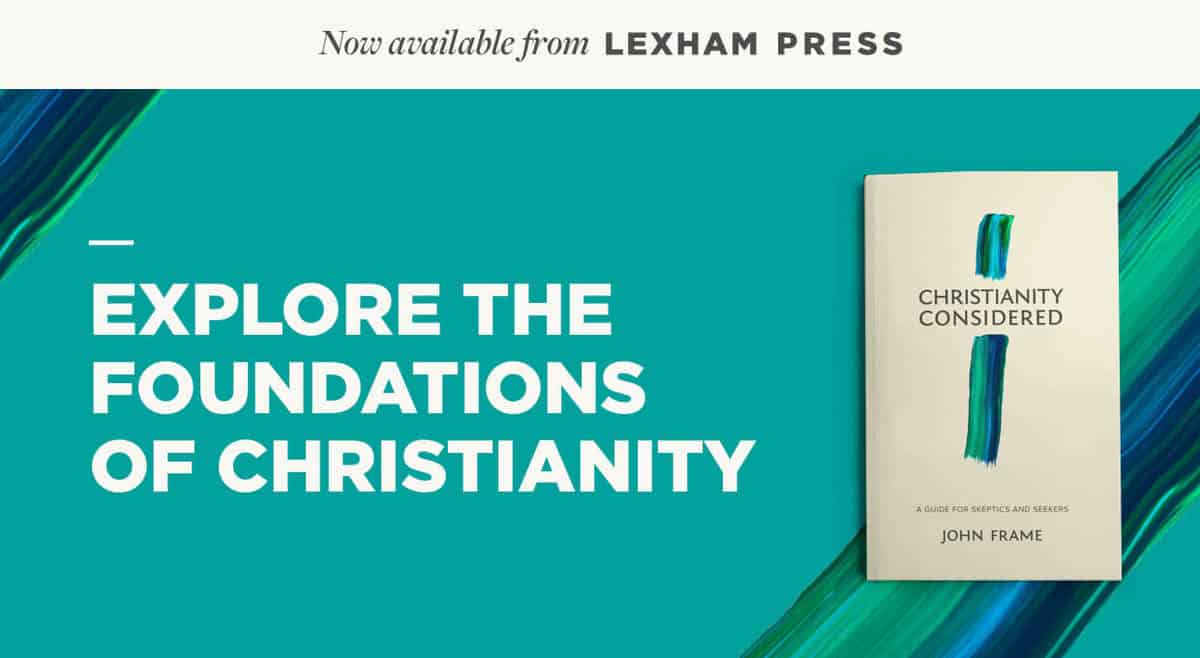Christian apologetics is often a difficult subject to tackle. Most books are directed toward Christians, helping them develop an apologetic method. But this approach ignores one of the most important aspects of apologetics: the audience. In his new book, Christianity Considered: A Guide for Skeptics and Seekers, John Frame directly addresses this shortcoming. As he puts it: “My goal is to speak the language of the inquirer, not that of theologians.” For the Christian reader, his work provides a deeper understanding of the intellectual milieu Christian apologetics faces in the modern era. In this excerpt, Frame introduces the structure for his inquiry into the Christian intellectual tradition:
Have you ever fantasized that there might be a whole different way to think? A drastic innovation which leads us to insights now unimaginable? That opens our eyes to see things in the world we might otherwise have thought impossible? That leads us to decisions in life which, however bewildering they may be to friends and society, produce incomparable satisfactions?
If there were such a new mind available to us, how would we ever find it? For if we are locked into our old mind, the assertions of the new mind might well seem ridiculous, impossible. How can people who have spent all of their lives in caves begin to comprehend even the possibility of a light like the sun?
Christians have often been conservative, even traditionalist, and many think of Christianity as a reactionary ideology. But the Christianity I defend in this volume is radical, rather than conservative, traditionalist, or reactionary. It calls us to engage in a self-criticism more profound than any other, one which humbles us to the roots of our existence. And that self-criticism must be comprehensive: criticism not only of our moral and religious life, but of our intellectual habits as well.
I believe that the distinctive rational structure of biblical Christianity will help us to better evaluate the cogency of the Christian message for our own time and into the future. Modernity and postmodernity have seemed to present unprecedented obstacles to Christian faith. But there are resources in the Bible’s own apologetic that will overcome—quite surprisingly—the objections of modernity and postmodernity. Remarkably, the most biblical apologetic will also prove to be the most contemporary. This is not surprising to Christians. If the Bible is really God’s truth, then its message will be ever fresh, ever new, ever powerful to overcome unbelief and to create faith.”
* * *
Christianity Considered is a valuable guide to understanding the Christian faith as an intellectual tradition. Get it today!





